E-commerce SEO Training That Actually Works
Most courses teach generic SEO. We focus specifically on what makes online stores rank and convert. Six months of hands-on work with real product pages, category structures, and technical challenges you'll face in actual e-commerce environments.
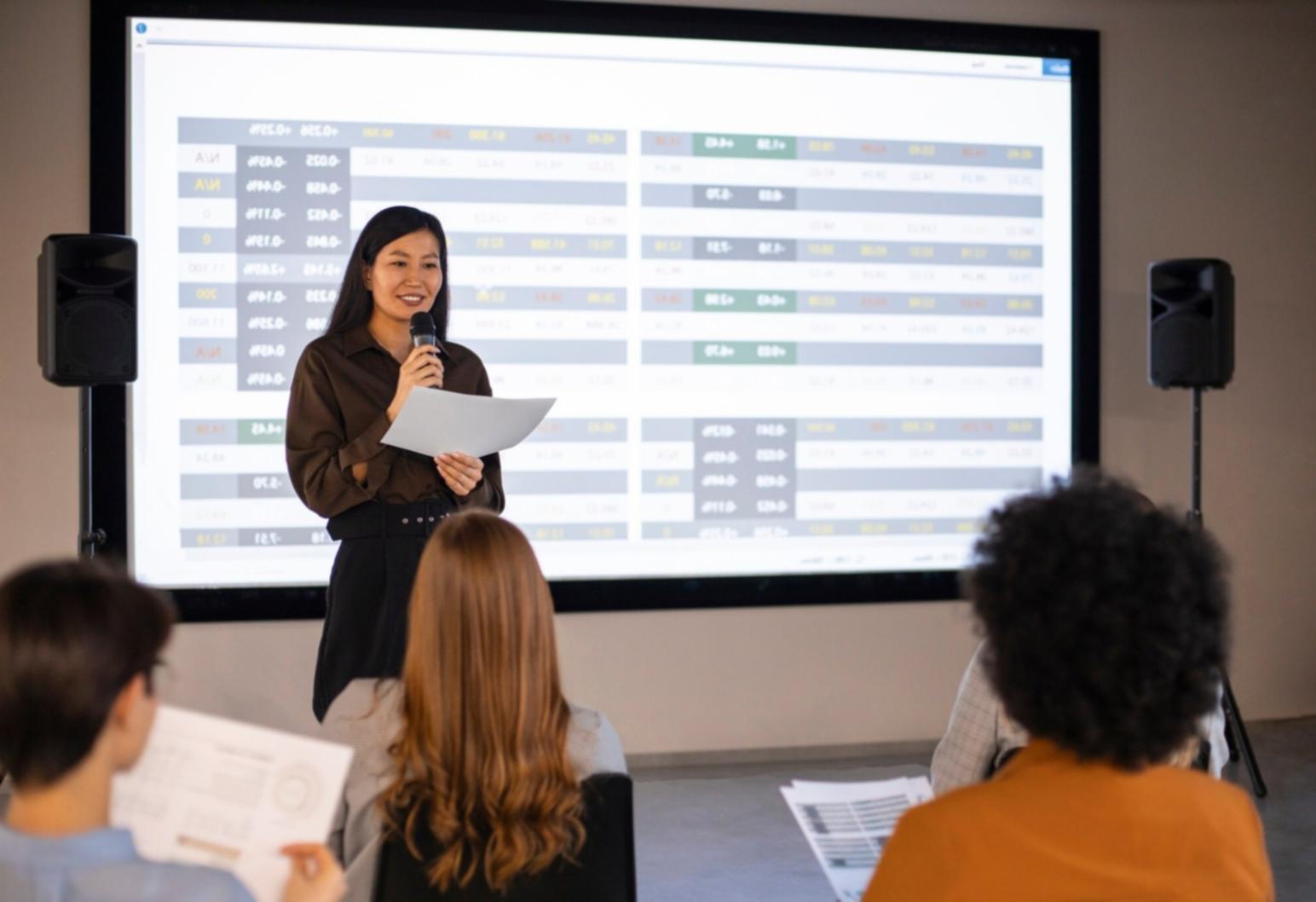
How the Program Actually Runs
We break things down into four phases. Each one builds on what came before, and you're working on real projects the whole time.
Foundation Month
Starting July 2026. You'll learn why e-commerce SEO differs from regular content sites. We cover product schema, crawl budget issues, and how to handle thousands of product pages without creating duplicate content nightmares.
Technical Deep Dive
August-September 2026. Here's where it gets practical. You'll audit an actual e-commerce site, identify technical problems, and learn how to communicate fixes to developers who may not understand SEO.
Content and Category Strategy
October-November 2026. Product descriptions, category pages, and how to create content that actually helps shoppers. You'll work with real product data and learn to balance SEO with conversion optimization.
Capstone Project
December 2026. You'll present a full SEO strategy for an e-commerce business. We bring in store owners to review your work and provide feedback on what would actually be useful to them.
Who Teaches This Program
Three practitioners who've dealt with the messy reality of e-commerce SEO. No theory-only instructors here. These folks have managed crawl budgets for 50,000+ product sites and fixed schema markup that broke checkouts.
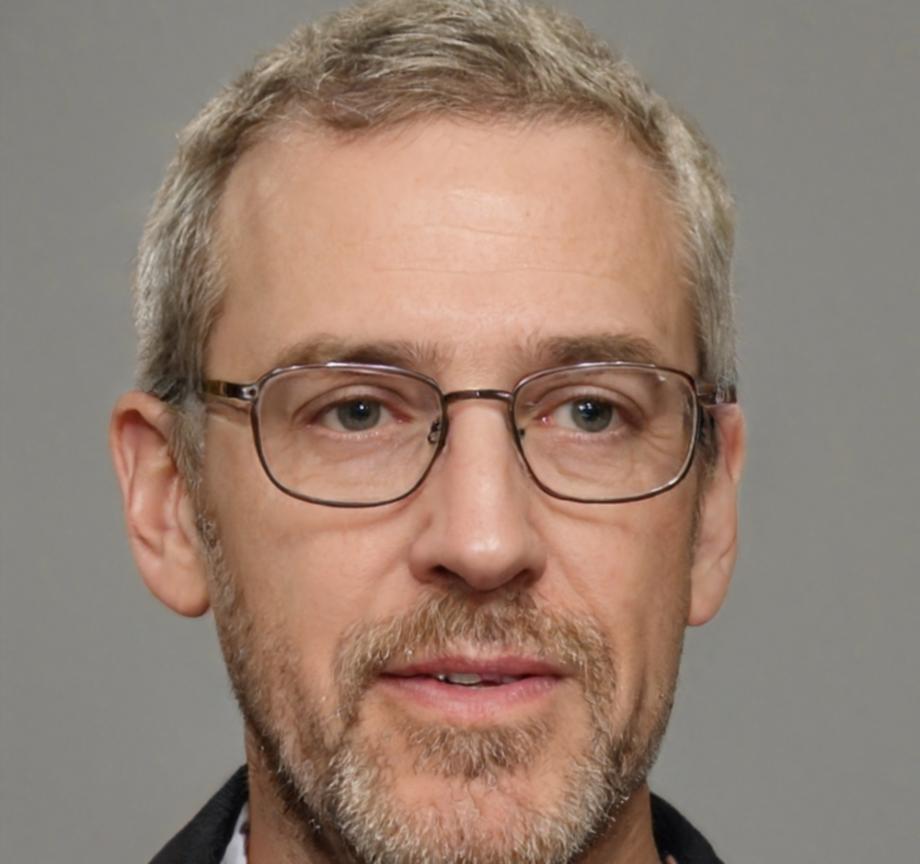
Henrik Lindström
Technical SEO LeadSpent eight years fixing crawl issues for fashion retailers. Henrik specializes in large-scale category architecture and has worked with stores ranging from 500 to 80,000 products.
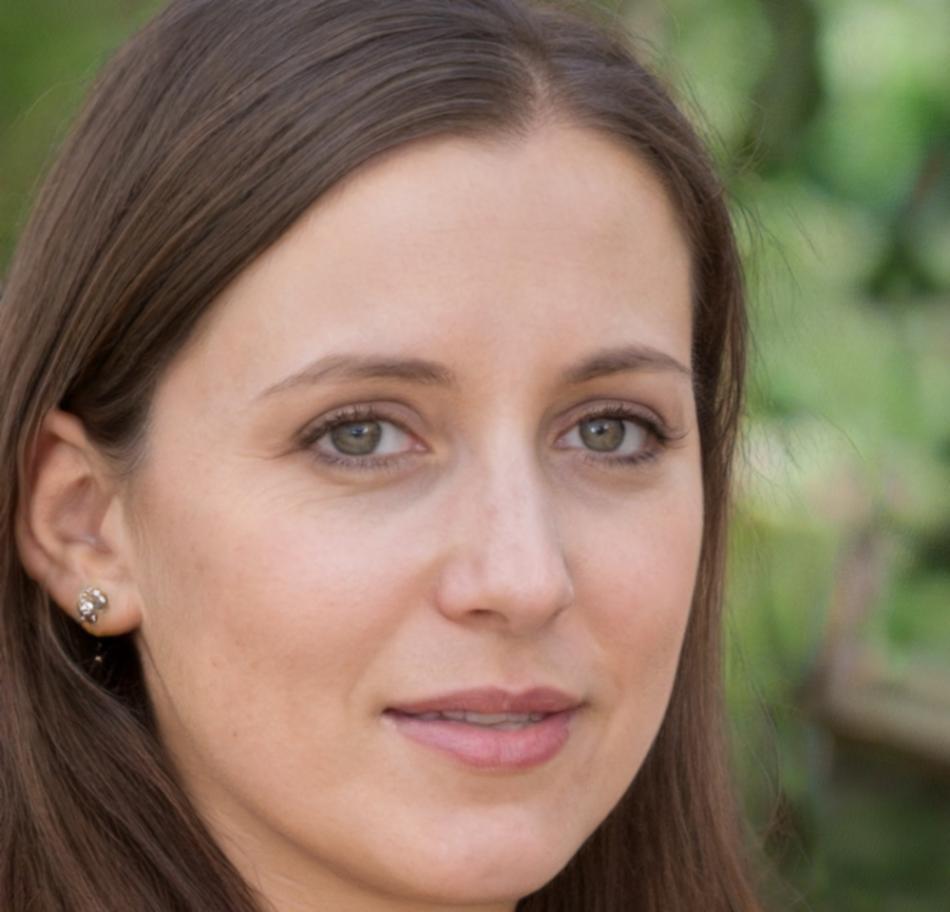
Vera Sokolova
Content StrategyBuilt content frameworks for electronics and home goods stores. Vera focuses on creating scalable systems that work when you have hundreds of similar products to differentiate.
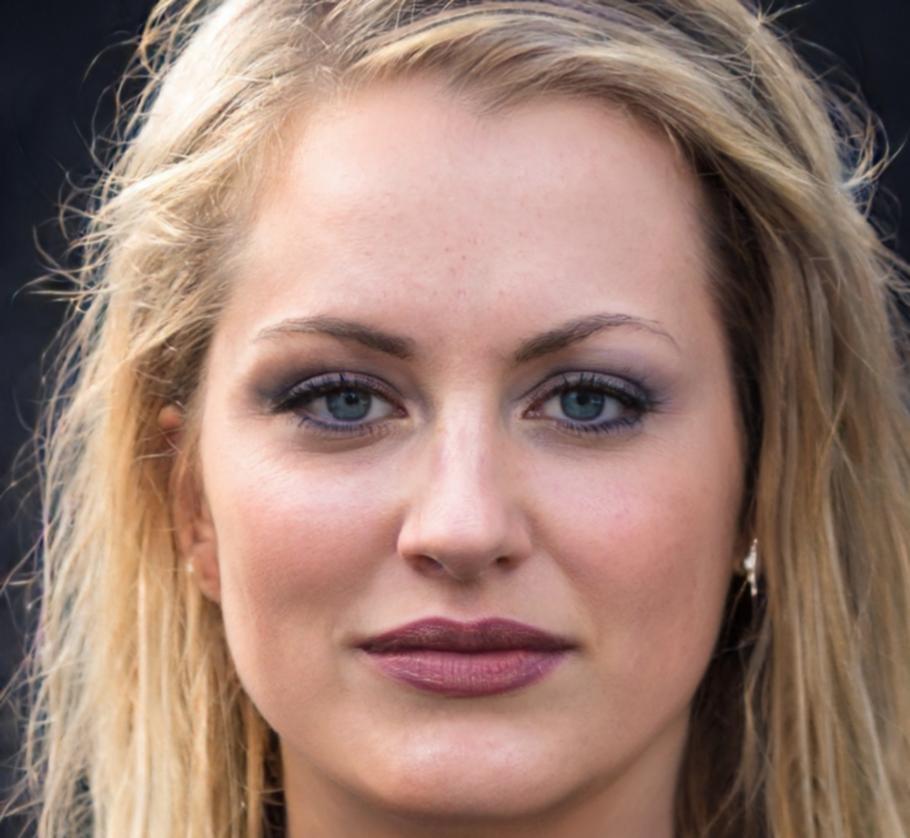
Elif Kavakçı
Analytics & ConversionConnects SEO changes to actual revenue impact. Elif teaches how to measure what matters and communicate results to stakeholders who care about sales, not just rankings.
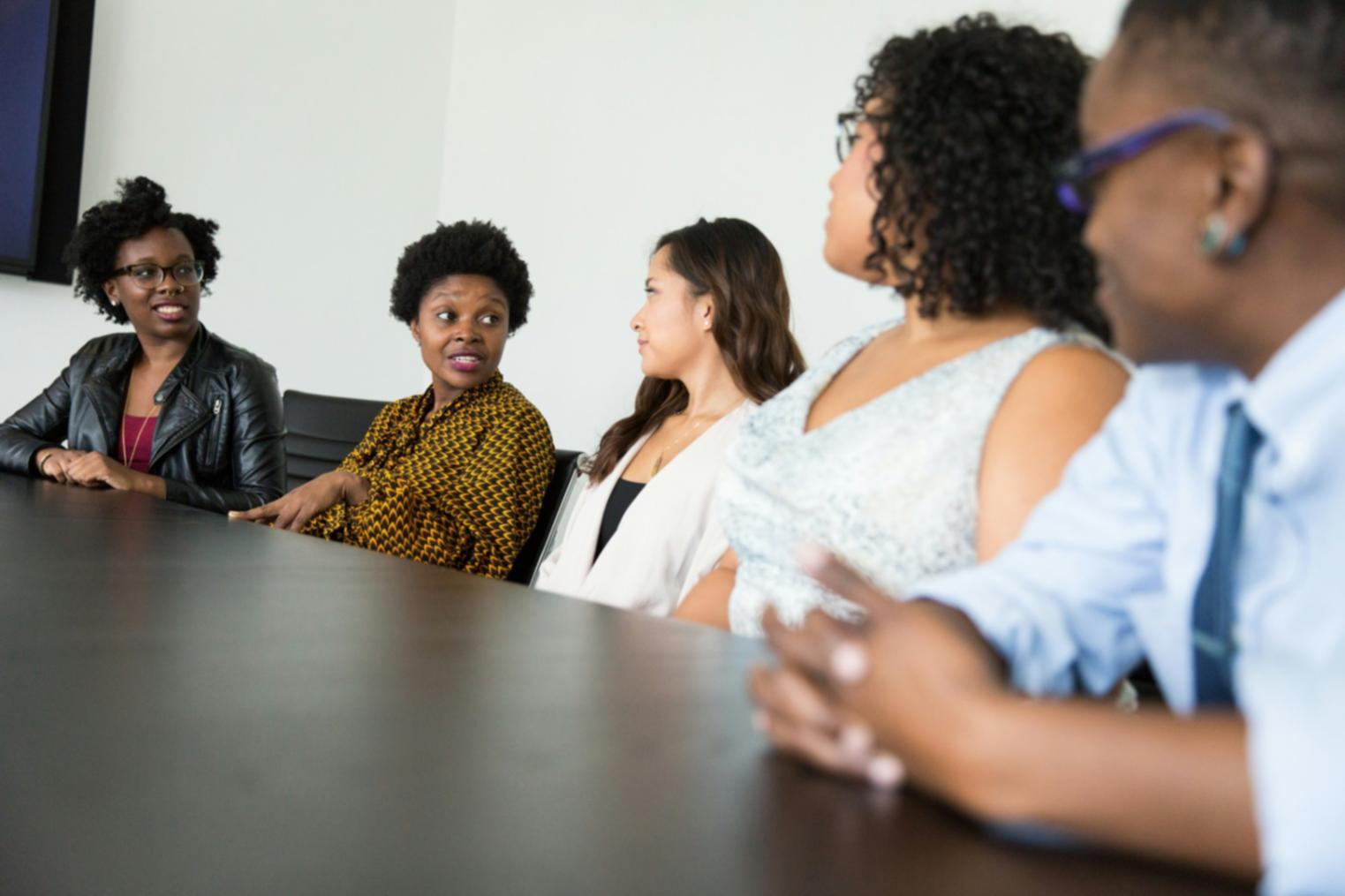
What Changed for Past Participants
Juniper Elwood's Experience
Juniper was managing content for a small outdoor gear shop but couldn't figure out why their category pages weren't ranking. She understood basic SEO but kept running into technical walls she didn't know how to solve.
During phase two, she audited her employer's site and discovered pagination issues causing duplicate content problems. Henrik helped her create documentation for their developer, and they fixed it. That breakthrough helped her understand how technical and content strategy connect.
Juniper now leads SEO for a mid-sized sporting goods retailer. She built their entire category structure from scratch and can communicate technical requirements to developers without needing constant translation.
Results vary depending on your starting point and how much work you put in. Some participants already had SEO experience and used the program to specialize in e-commerce. Others started from a marketing or content background and needed more time to get comfortable with technical concepts.
Next Cohort Details
We're accepting applications for the July 2026 cohort through May 15, 2026. Class size is limited to 18 participants so everyone gets actual attention during project reviews.
The program works best for people who already understand basic SEO concepts and want to specialize in e-commerce. If you're completely new to search optimization, we can point you toward foundation resources before you apply.
Interested students from outside South Korea are welcome. Sessions happen online with some flexibility for different time zones, though live participation works better for the collaborative parts.
For more information about visa requirements and enrollment procedures, visit our International Students page or check Careers for related opportunities.